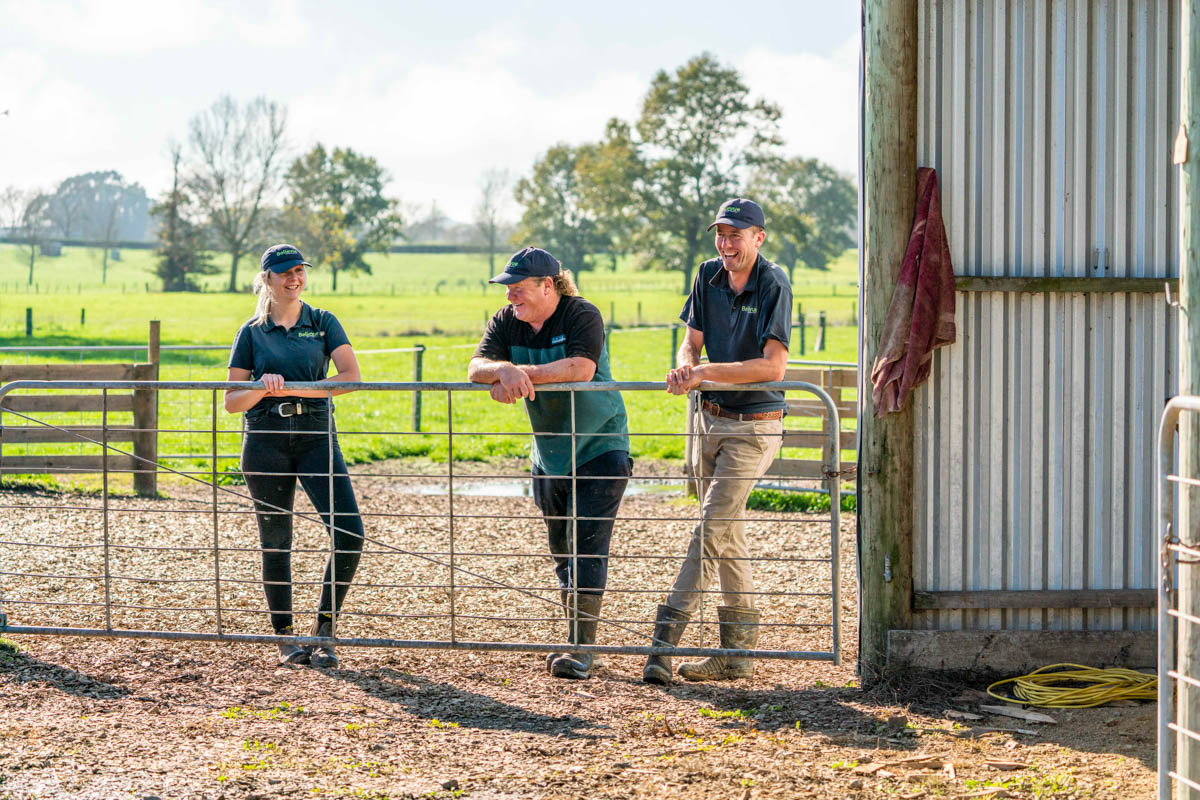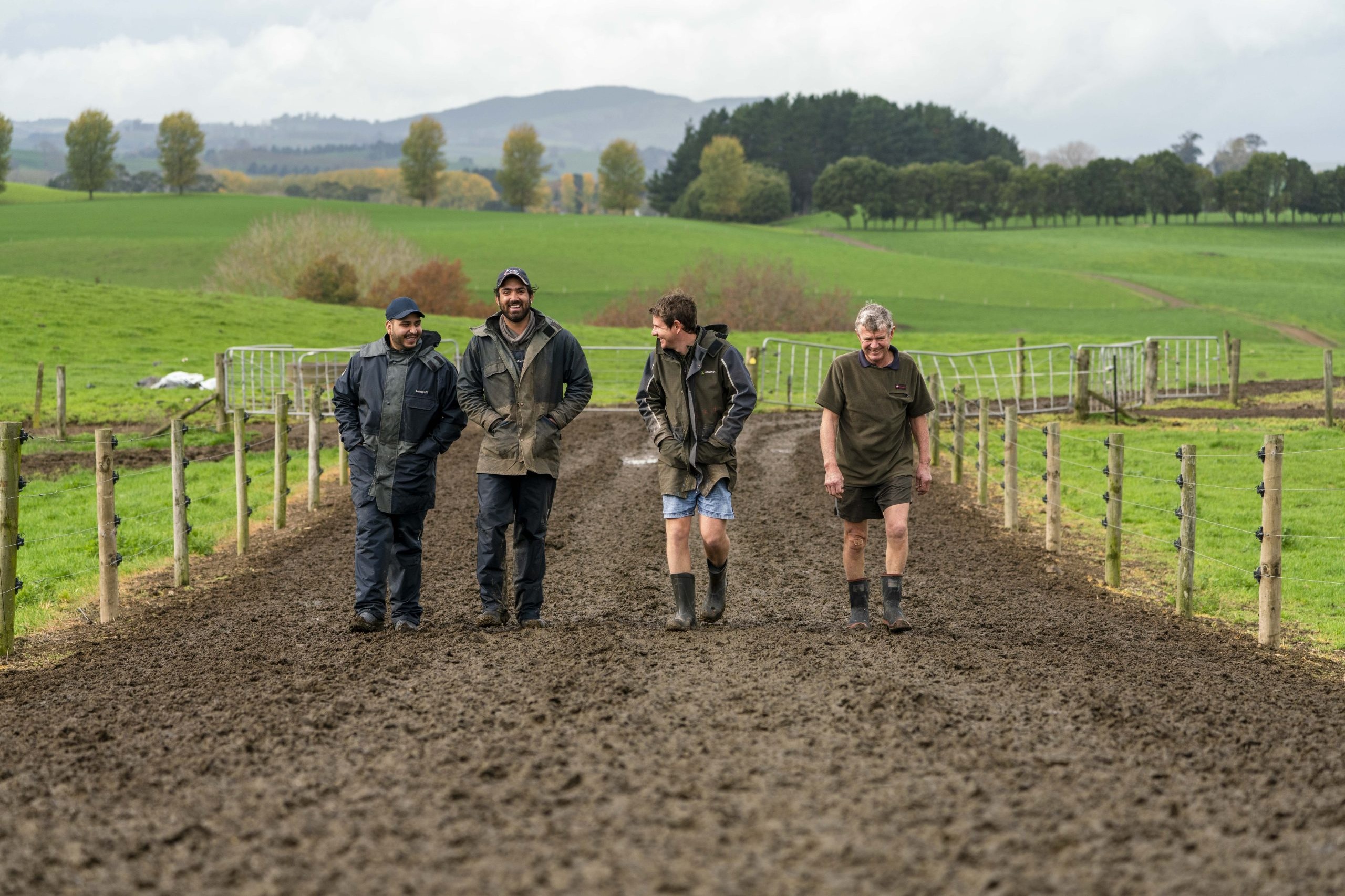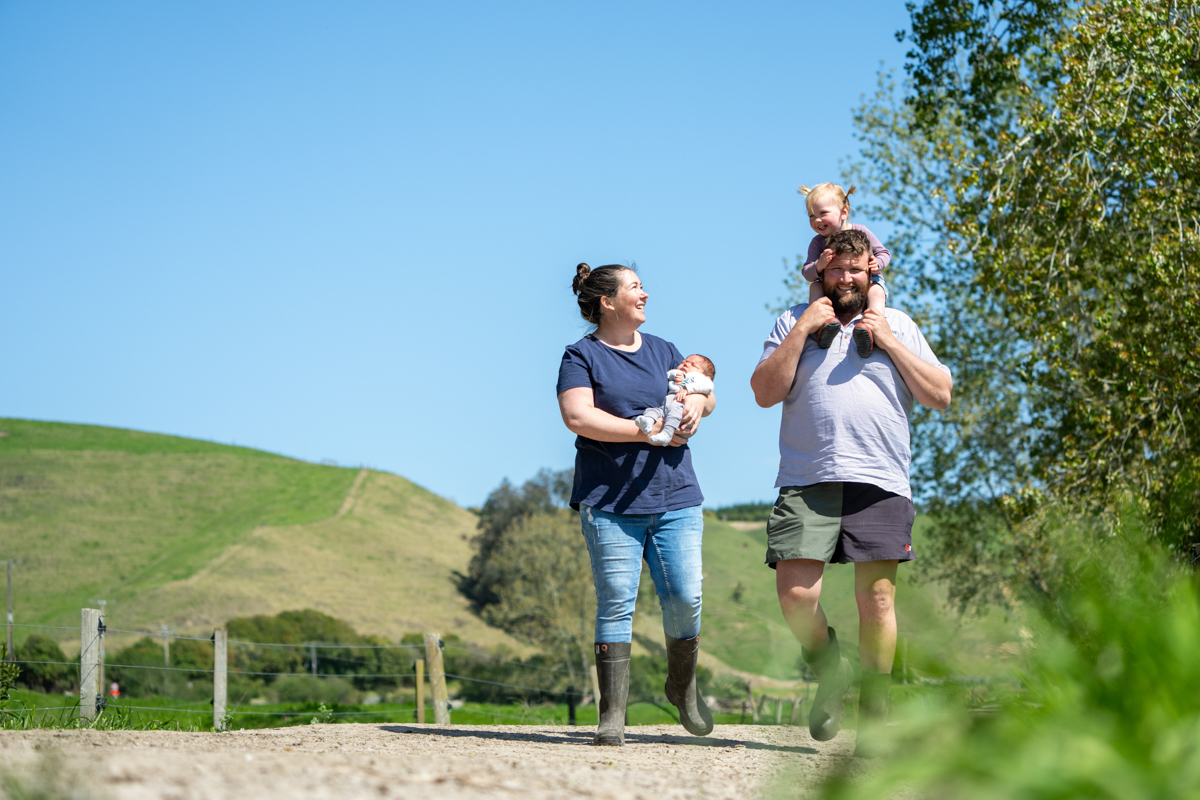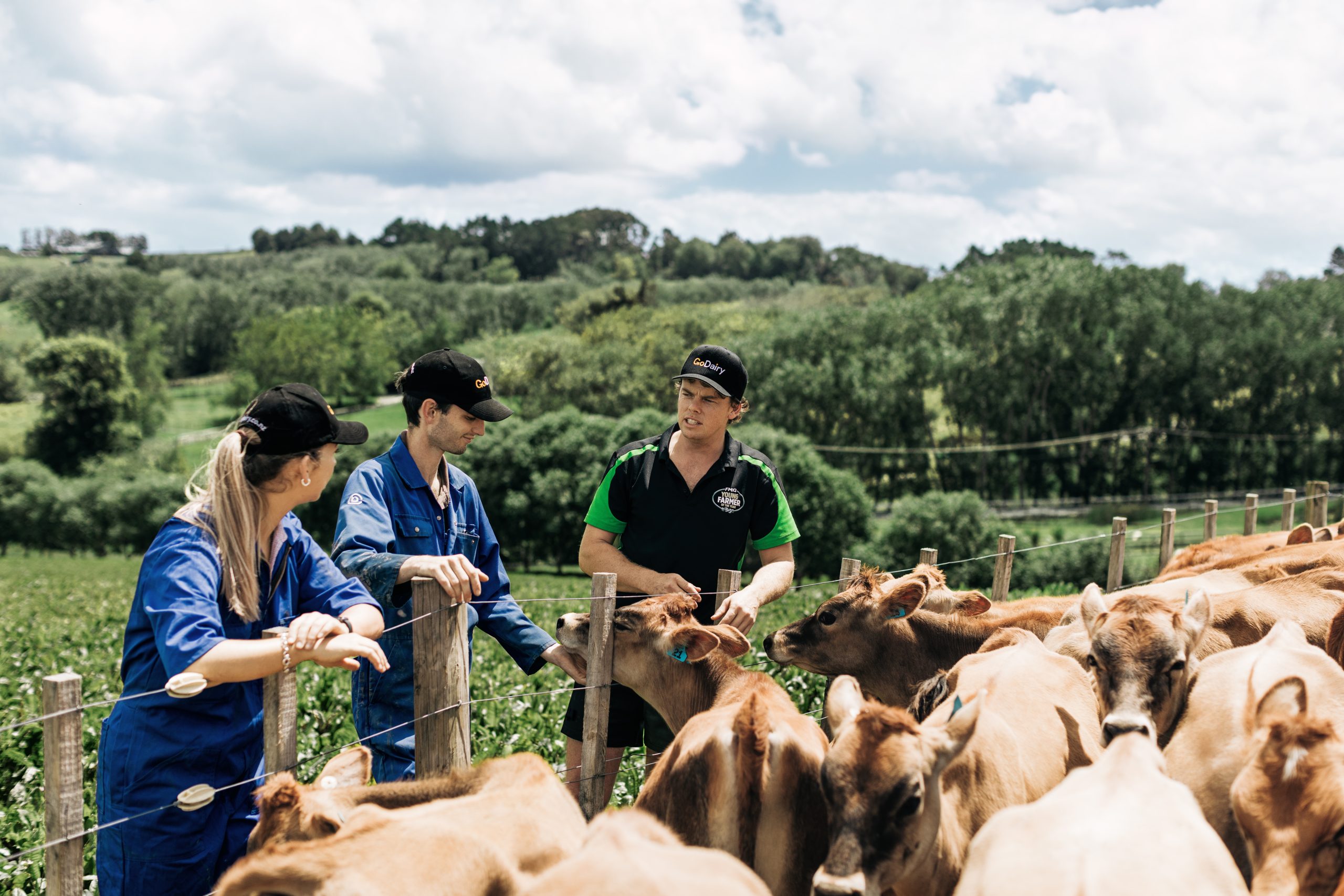Welcome on-board
The process of recruiting new staff should always be treated as an opportunity to improve your business. Understanding the type of person you require to create a successful team is a given, however, how you manage the onboarding process will ensure you achieve that sweet taste of success! Words Chris Coughlan

Onboarding encompasses the essential components required to set up your new staff member(s) for a positive experience. While onboarding may appear complex, there are two simple and essential words for all farmers and farm managers to focus on: structure and support. It is all about planning (checklists) and preparation to get the people-component right, because whatever is going on for you on the farm, the common denominator at work day in, day out is people.
Why is Process so Important?
It is widely accepted that the cost of engagement, recruitment and training of new staff in dairy can range from 1-2.5 times the annual salary of the new recruit. The first year they will be carried, the second they become useful and the third year they will start to contribute real benefits to the business.
The good news is, if you do this right, their contribution toward your farm’s success and the associated benefits will flow for many years to come. Your positive introduction to their role becomes an opportunity for the new employee, rather than just ‘their job’. This will lead to higher engagement, improved job satisfaction and a longer period of service for the business. This is no small benefit in an industry where the norm is about shifting to get ahead.
The real value in establishing effective employment relations and a strong people-culture environment is increasingly the focus for many farms and farm managers. This is due to the cost of turnover i.e. time, resources, energy and ultimately measurable outcomes (environmental and financial). In evidencing the quality of your team’s culture, this not only helps you to identify when change or action is needed, but also creates a baseline from which you can continually improve outcomes, for both your employees and your farm.
Finding the Gold
When considering structure, onboarding involves checklists and the introduction of quality day-to-day systems and processes. The real gold, however, lies in the interaction and support of your new staff member. This investment will increase their confidence and self-management, as you seamlessly work towards adding another valuable member to your team.
Be very clear on the values and vision of your business. These are critical components for selecting the right person for the right job. Those whose values align with your business will always create an advantage when it comes to fit. A win, win, win – for employees, team culture and business. It is your business values and vision that will help you to continually craft and grow your team, their work environment, and ultimately successful outcomes for the farm.
There will be associated paperwork for you and your new employee, so do try to complete it early – ideally before they start.
Structure requires clear communication of activities and expectations from day one. Expectations should be transparent, timely and involve two-way communication to ensure a mutual understanding. Being organised and knowing what the first day, first week, first month and first year will look like is critical for your new recruit. Think carefully about what matters most – from the employee’s and your perspectives. Don’t overwhelm them on their first day. Your plan should be shared, with clear expectations which provide an easy and exciting path to follow. A welcome pack can be useful. Over time and with useful feedback, new experiences and training opportunities can be added, as agreed, keeping employees forward-focused, interested and engaged. A simple introduction to the roster, how their routine will revolve around it and the importance of health and safety is a good place to start. Options to involve a buddy or mentoring system can also be helpful.
The first day and week should set the tone for your new recruit. Ensure the wider team are engaged and showing a genuine interest in the employee as an individual, in their role. First impressions do count, so endeavour to understand their base level of skills, knowledge and confidence, while appreciating they don’t know what they don’t know.
The value of good communication is central to developing effective outcomes. Managers and owners who display genuine interest in their staff, especially new recruits, and who listen will naturally have a better ability to positively influence both newcomers and the overall team when navigating ups and downs on the farm. If this is a skill you need to seek help with – do so.
While a range of communication strategies are important to routine and daily activity, it is the very nature of these opportunities which build connection. The key to establishing confidence and long-term relationships for newcomers is the depth of their connections and a sense of feeling safe. The central relationship is with you as their manager and the immediate team. Developing an appreciation of who is responsible for specific tasks within the wider business is also important. Having a practical understanding of their own role in the context of the overall farm and the associated goals provides further clarity for the employee’s relationship with the big picture. A supportive manager and team who understand how each other thinks will encourage reflection, questions, input and an acceptance of the odd mistake. It will also foster a growing sense of self-leadership, responsibility and ownership by the new recruit towards their role. Introducing the recruit to their wider community (services, community/sport facilities and groups), will also support them to develop a sense of place and belonging.
Checking in with your new staff member formally and regularly will provide an opportunity to listen and learn at a deeper level, and to better understand how your employee is doing. Listen closely to what is going well, acknowledge good work and make them and their experience feel valued. They need to feel supported and armed with tips and tools to tackle those activities and practices they still need or wish to achieve. The team environment should provide a positive, informal and ongoing reference point for feedback and support.
Onboarding plays a pivotal role in the success of your team, the culture within your business and ultimately your business outcomes. The good news is there are programmes and resources which support a deeper understanding of the invaluable investment in people and, in turn, handsomely reward the (triple) bottom line; people, environment and prosperity of your farm. It is time to make that real connection and get onboard with a quality approach to onboarding!





